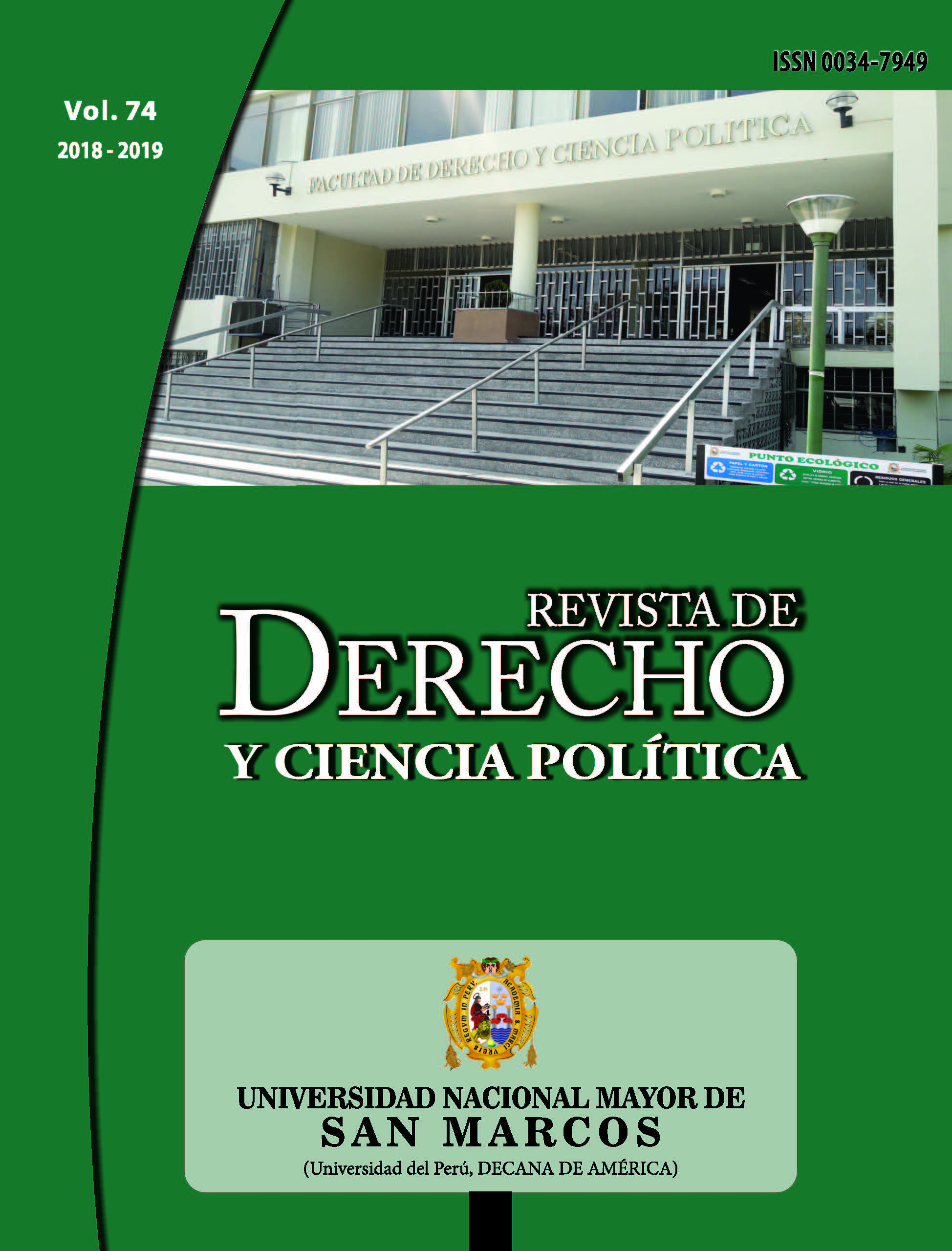Constitution and religious phenomenon: some considerations on the Spanish model in the European context
Keywords:
freedom of religion, cooperation, non-denominational, neutrality, laical, laicism, catholic church, faithsAbstract
The most common classifications of models of relations between the State and religious faiths, or modes of constitutionally facing the religious phenomenon, often ignore the need of addressing a dynamic perspective. However, such an approach is necessary to consider the evolution of the different models. In Europe, this paper reviews from this perspective the main system features French, German, Italian and English, highlighting the evolution and trends of each of them, which in most cases point to the principle of cooperation. In this context, performs a Spanish constitutional system approach, based on the consequences deriving from Social and Democratic State of Law and the obligation of public authorities to give effect to all freedoms, including religious freedom. We consider the principles deriving from article 16 of the Spanish Constitution, and especially those of non-denominational (and its corollary of neutrality) and collaboration with the religious confessions, considering the development of them carried out by the law and agreements, the specialties in the treatment of the Catholic Church, and the existing possibilities.













